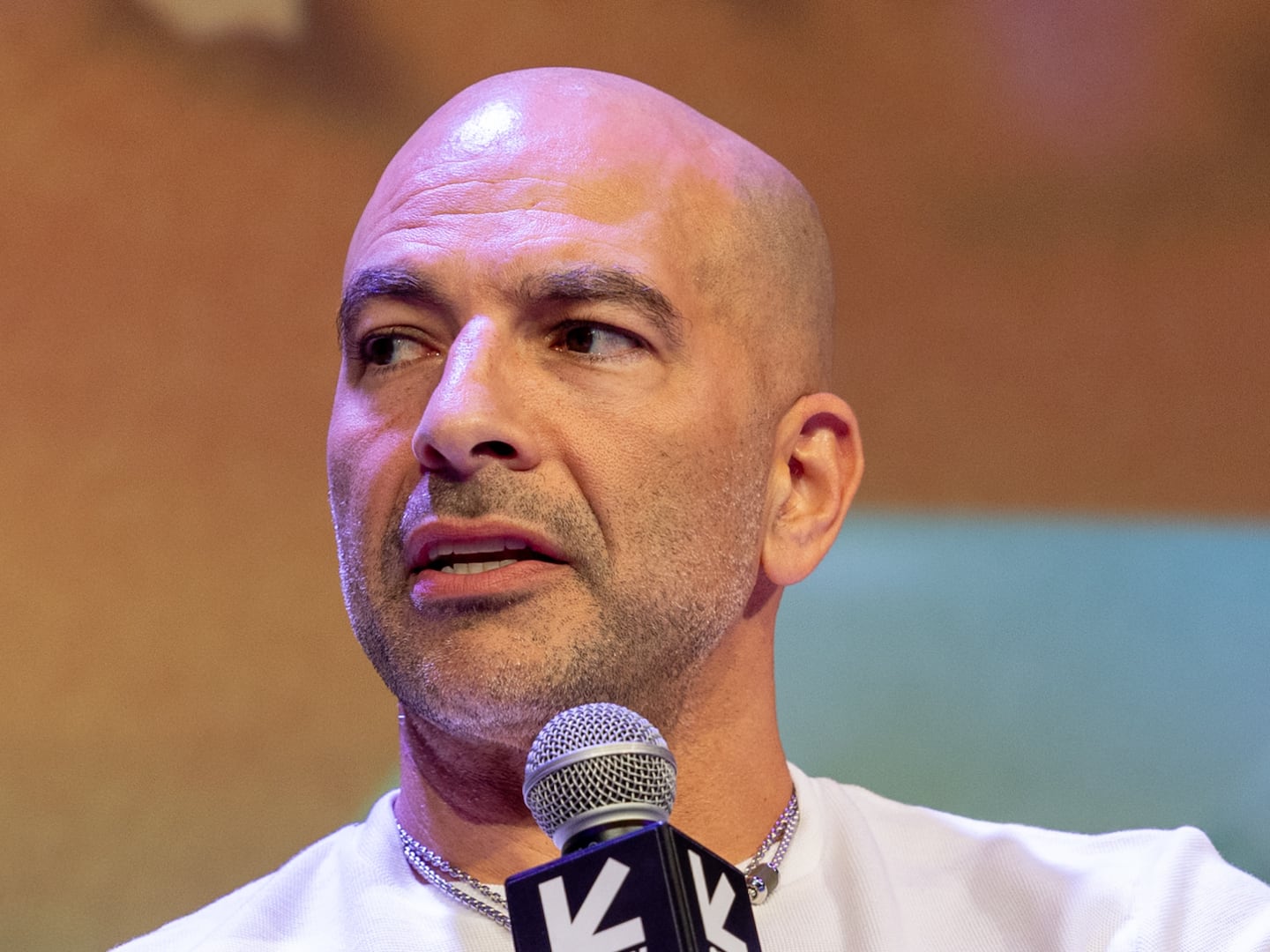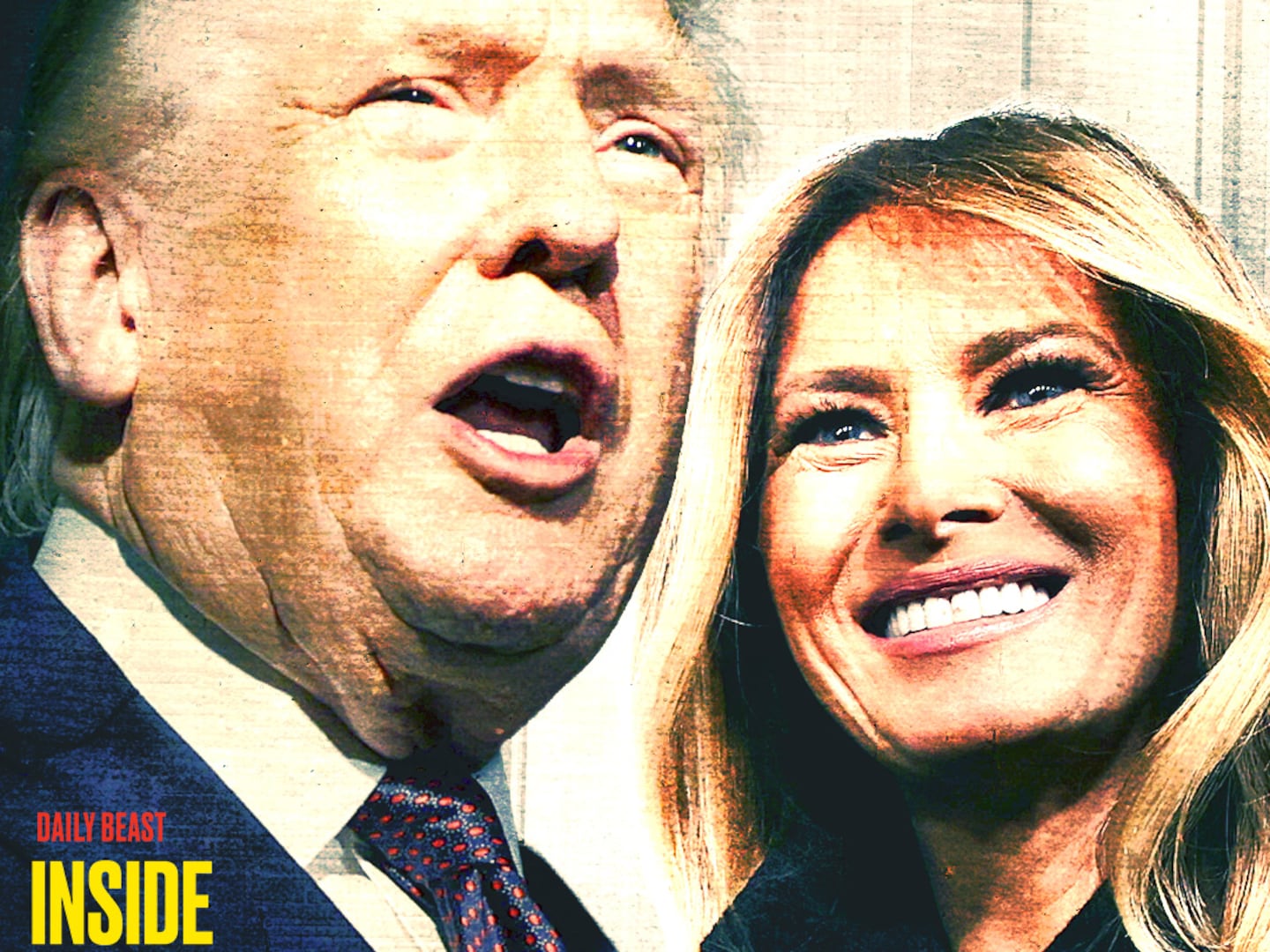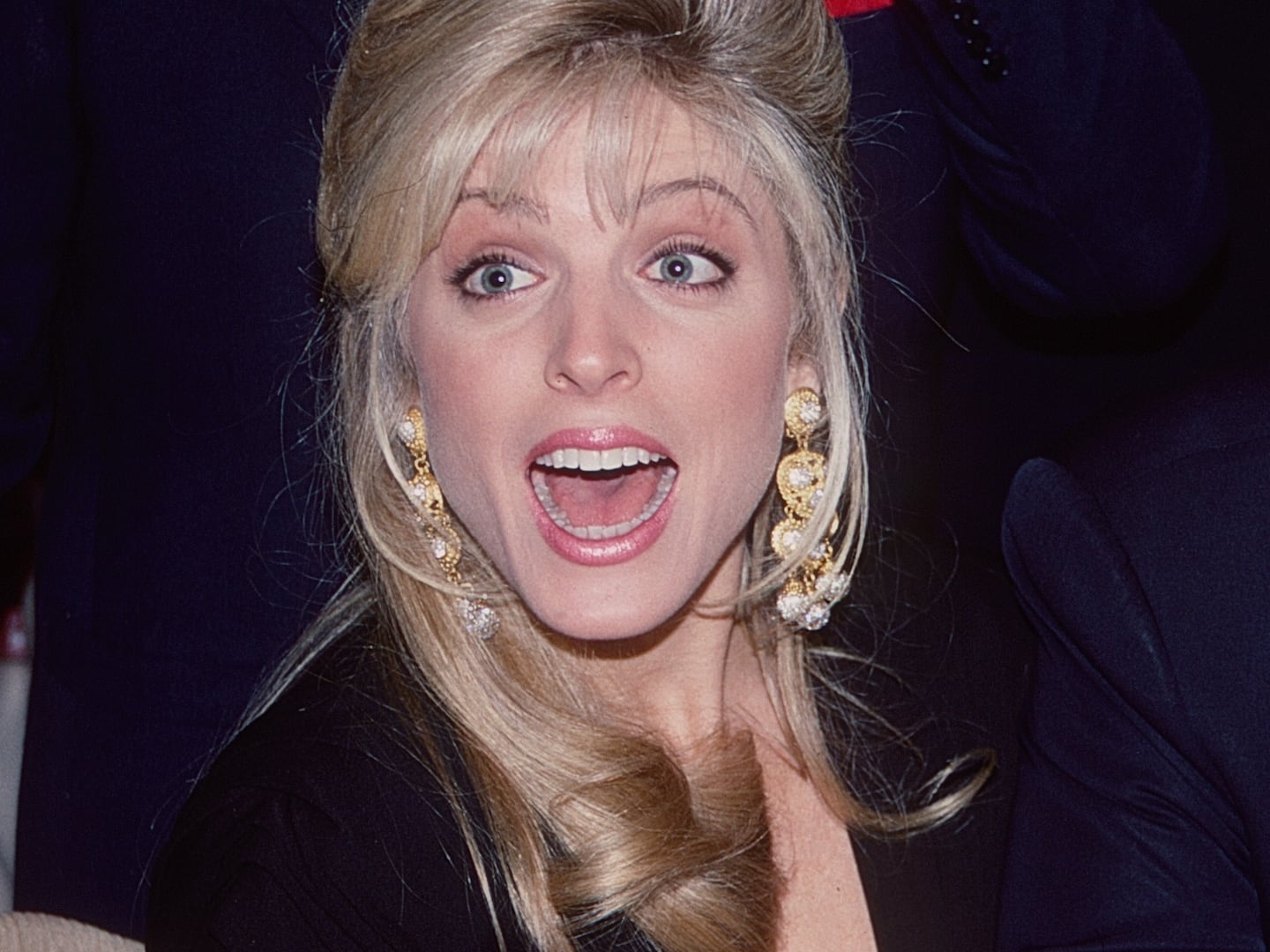CONCORD, NH - “Go, Ben, Go” rang out through the packed hall of the New Hampshire State House a number of times before the candidate actually showed up. There were a few practice runs proctored by Ben Carson’s staff to prepare the mostly white, mostly middle-aged to older faithful awaiting his arrival a little before noon on Friday.
A crowd of around 300, by staff estimates, huddled along the cramped walls clutching signs which alternated between “heal,” “believe,” and “inspire,” the gospel of any Carson-nite. Some held books. Some held babies. Some held both.
Carson was there of course to officially file for the New Hampshire primary. He is the last of the leading Republican candidates to do so, just meeting the Friday deadline to appear on the February ballot.
Two self-described “homeschooling moms” stood at the head of the line inside anxiously awaiting the man of the hour—or for them, hopefully the man of the next four years.
“We are here to support a man who has our belief system and believes in the one true God and supports homeschoolers,” 38-year-old Alicen Twardosky from Loudon, New Hampshire told the Daily Beast. “He’s not a politician. He speaks honestly. As far as we can see, above any other person, he’s above reproach.”
The “we” to which she referred was rounded out by her friend 42-year-old Ms. Green from New Hampton, who stood beside her with a baby strapped to her chest, jumping into the conversation to approve Carson’s pro-life stance.
They, like some of the other supporters with whom I spoke, thought that Carson would be capable of keeping the country safe given the recent horrific terrorist attacks in Paris.
“I think he’s doing a good job about trying to get across the message to put on the breaks a little with the Syrian refugee resettlement in this country,” Green said.
“I like how he is very thoughtful in his approach,” Twardosky added. “He takes the time to—he would rather not have regrets in hindsight. And taking those minutes to thoughtfully think through to the best of his ability not knowing what we have in store, but knowing that they could be over here. Do we want more?”
The big glaring elephant-in-the-room known as “they” is ISIS, a group that has single-handedly become responsible for an uptick in drastic dog-whistle politics primarily from the GOP this past week. And Carson has played his part, analogizing refugees to “rabid dogs” just the day before his appearance in New Hampshire.
An admitted novice at all things foreign policy-related, Carson has joined the bandwagon of voices proposing extreme measures to curb a perceived refugee crisis, praising the recent House vote designed to ebb the tide. And while pundits suggested that the violence in Paris would help bring more experienced candidates—the anointed one Marco Rubio specifically—to the fore, all it has done is help Donald Trump and Carson stay afloat.
78-year-old Diane Lochocki, who sat on a bench outside the office where Carson filed the official paperwork for the ballot, told the Daily Beast she supported him for his intelligence and his promise to bring the nation “back to the basics.” She came to the event with Jim Tille, the father of David Tille who serves as the New Hampshire chair for Carson’s campaign.
“I think we need to close our borders and if we’re going to bring these people in, they need to go into what I call a holding tank,” Lochocki said referring to refugees. “Look what happened during World War II with the Japanese in this country. They had businesses and everything. They were all rounded up. So what is the difference between them and these people? None.”
She said she was sorry if they were fleeing, but wanted the “Arab nations” to deal with them.
Carson would go on to spend a great majority of his near half-hour press conference discussing the intricacies, or lack thereof, of his foreign policy initiatives and domestic strategies to deal with refugees.
Right off the bat, he was forced to address the “rabid dog” comment.
“Well I think there are a lot of people in our country who sit around and completely miss the big picture,” Carson said, suggesting that issues with his analogy were nitpicky. “What I actually said is if you had a kid, and you knew there was a rabid dog outside, you probably—even though you love dogs, would bring that kid in, call the Humane Society and make sure that dog was off the street before you sent your kid out there. The point being there are people who are radical jihadists and they want to destroy us. And we don’t want to expose our people to those, even though we may love all the other people from Syria.”
He also suggested that there needs to be a vetting process for these refugees, safe zones set up in Syria and a ceasefire in the region. Carson offered no further explanation for how these would come about. And in regards to the Muslim database—an idea that Trump accepted in an interview and later walked back—Carson said he hoped that a database existed for everyone. When pushed on whether a specific database for Muslims was a good thing, Carson said he didn’t support anything that involves treating people differently, but also later suggested that information in a database like that which exists for U.S. citizens could be subject to change.
The skepticism about Carson’s foreign policy chops heightened this week after Duane Clarridge, a former CIA agent and questionable unpaid adviser to Carson (he sat in on “two sessions” allegedly), said that the candidate hadn’t picked up “one iota” of knowledge about the Middle East. The campaign's response was that Clarridge was an "elderly gentleman" who just had no idea what the hell he was talking about, but was yet still sought as an adviser. After this debacle, business manager Armstrong Williams swooped in to do televised damage control once again.
When I asked Carson on Friday who was actually advising him on foreign policy and what the meetings looked like, he told me that the media is once again creating a negative narrative about his abilities.
“I get daily briefings,” Carson said. “And you know, I have multiple meetings with people. What I would say is actually listen to my policies. Actually listen to my solutions. You will find that they compare favorably with anybody but don’t listen to the narratives that try to say ‘Oh he doesn’t know anything.’”
He drew a comparison between the foreign policy issues and the other one that was plaguing his campaign before the Paris attacks shifted the focus: biographical discrepancies.
“That’s the whole issue with going back and looking through every aspect of my life,” Carson told me. “I said, if you have a real scandal, I’m happy to talk about that. But I’m not going to talk every day about something that happened 50 years ago so that you can detract from the real issues that are going on.”
Someone who has spoken about the real issues, including Carson’s foreign policy advisers, in numerous media appearances is Williams, who Carson told me once again is in no way formally involved with the campaign.
“He’s a friend of mine,” Carson said. “I talk to him frequently, but he does not speak for the campaign.”
I followed up and asked if, like Williams said, Carson has 13-14 foreign policy advisers with whom he regularly speaks.
“We will be putting out a list of advisers sometime within the next week or so,” Carson told me.
He also tried to distinguish himself from his primary competitor Trump in regards to closing mosques, saying he’d only want to focus on institutions that are “radicalizing people.”
“I said a mosque where there is activity, terrorist activity, or activity encouraging insurgency, should be treated differently. And I would say that about any kind of institution, quite frankly,” Carson said, adding Christian institutions, when asked.
After a little over an hour in total, Carson hit the road again, heading back to a state where he has spent considerably more time during the campaign cycle: Iowa. When he was asked about his lower attendance in New Hampshire compared to other candidates, Carson shrugged it off and said he doesn’t keep a tally.
Even still, a recent poll had him in fourth place in the state, at 9 percent, a measly third of Trump’s 27 percent there. With a less impactful Evangelical presence than Iowa, New Hampshire may pose a challenge to the Carson campaign going forward.
Deana Bass, Carson’s press secretary, did not respond to a question from the Daily Beast about when Carson would return to the state next.
Whatever that date is, the visit might have to be a little longer.






